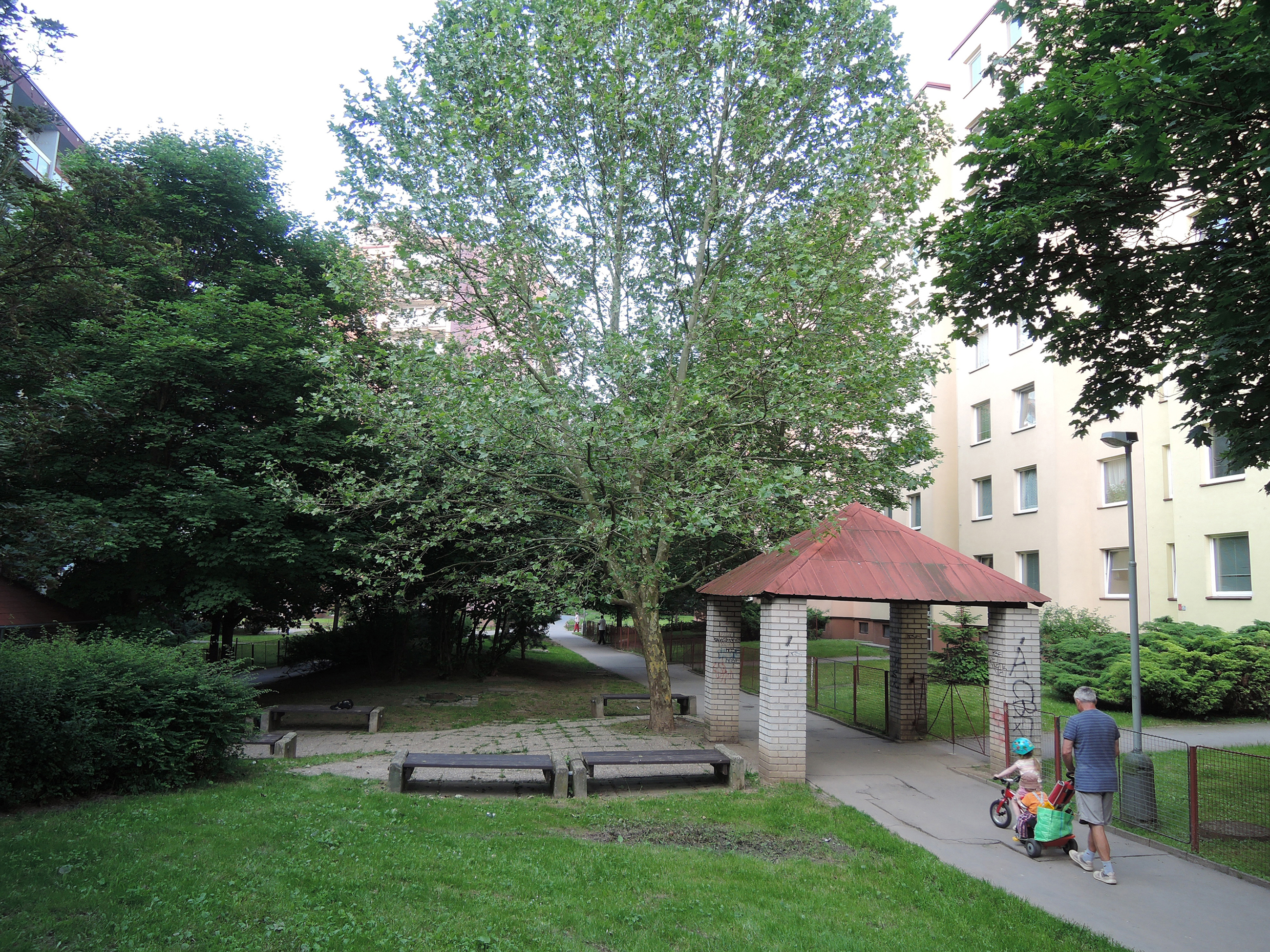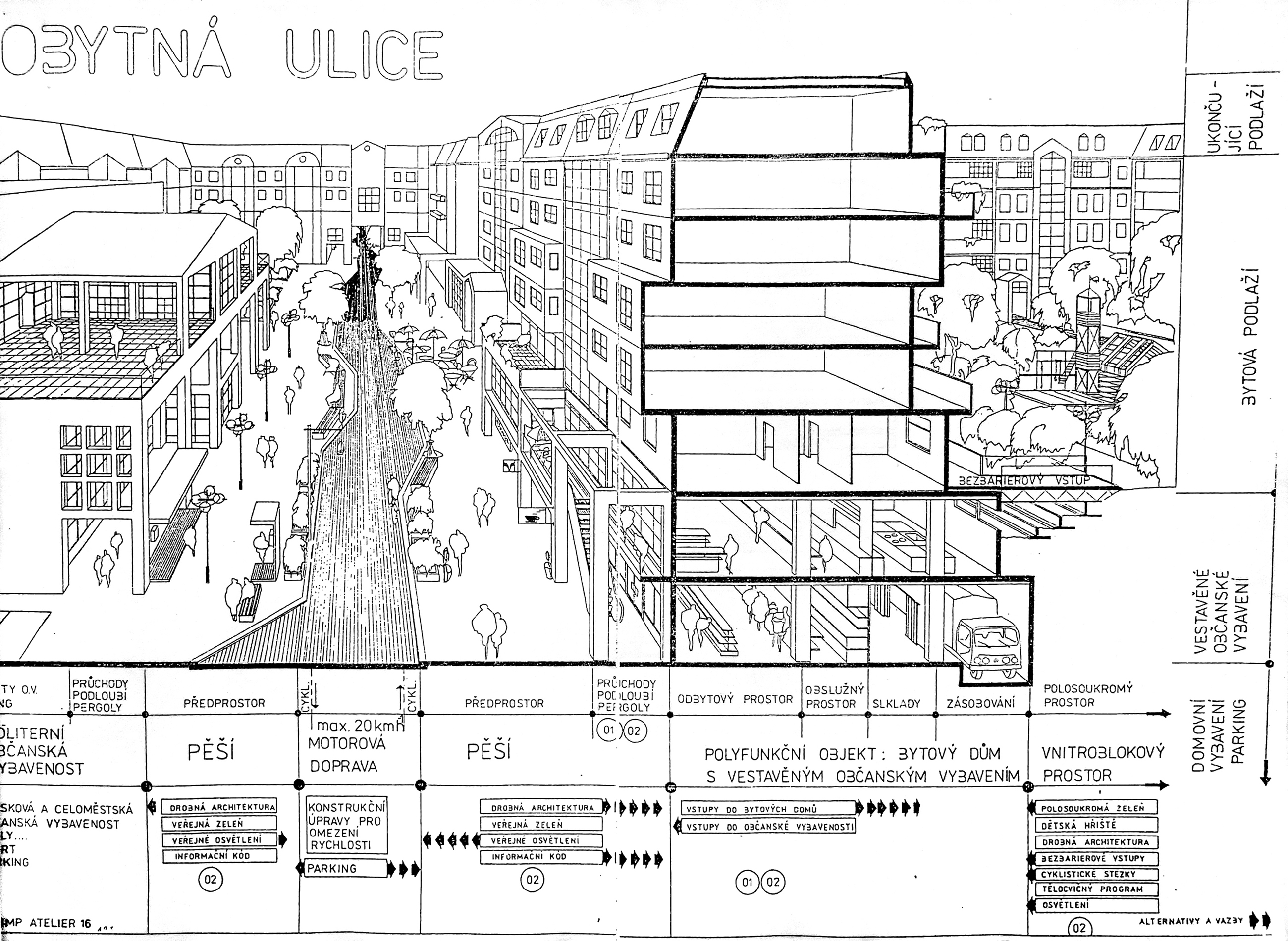Maroš Krivý, “Quality of Life or Life-In-Truth? A Late-Socialist Critique of Housing Estates in Czechoslovakia,” in Ákos Moravánszky and Torsten Lange (Eds.), Re-Framing Identities. Architecture's Turn to History, 1970-1990. East West Central. Re-Building Europe 1950-1990, Vol. 3, pp. 303-318 (Basel: Birkhäuser, 2017).
This chapter explores the turn to questions of meaning and meaningful life in the debate on housing estates (sídliště) in late socialist Czechoslovakia. architectural debate. , in late socialist Czechoslovakia. During the 1970s and 1980s, different actors such as the Communist Party, unions of architects, individual architects, historians and dissidents, contended that sídliště is psychologically damaging. Sídliště were criticized for being “inhuman” and compared against the ideal of humane environment. The chapter consideres three aspects to the predicament: historicity, authenticity and consumerism.
This chapter explores the turn to questions of meaning and meaningful life in the debate on housing estates (sídliště) in late socialist Czechoslovakia. architectural debate. , in late socialist Czechoslovakia. During the 1970s and 1980s, different actors such as the Communist Party, unions of architects, individual architects, historians and dissidents, contended that sídliště is psychologically damaging. Sídliště were criticized for being “inhuman” and compared against the ideal of humane environment. The chapter consideres three aspects to the predicament: historicity, authenticity and consumerism.


